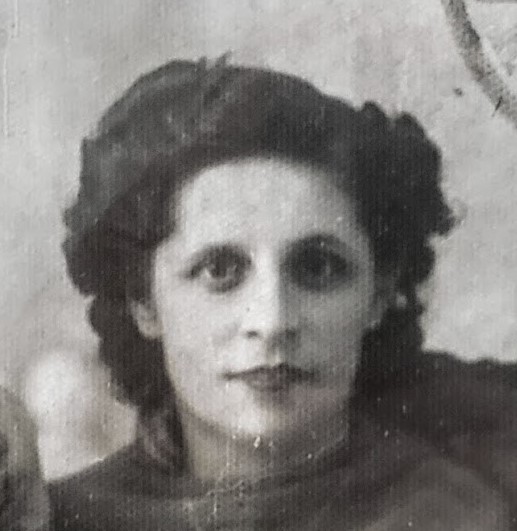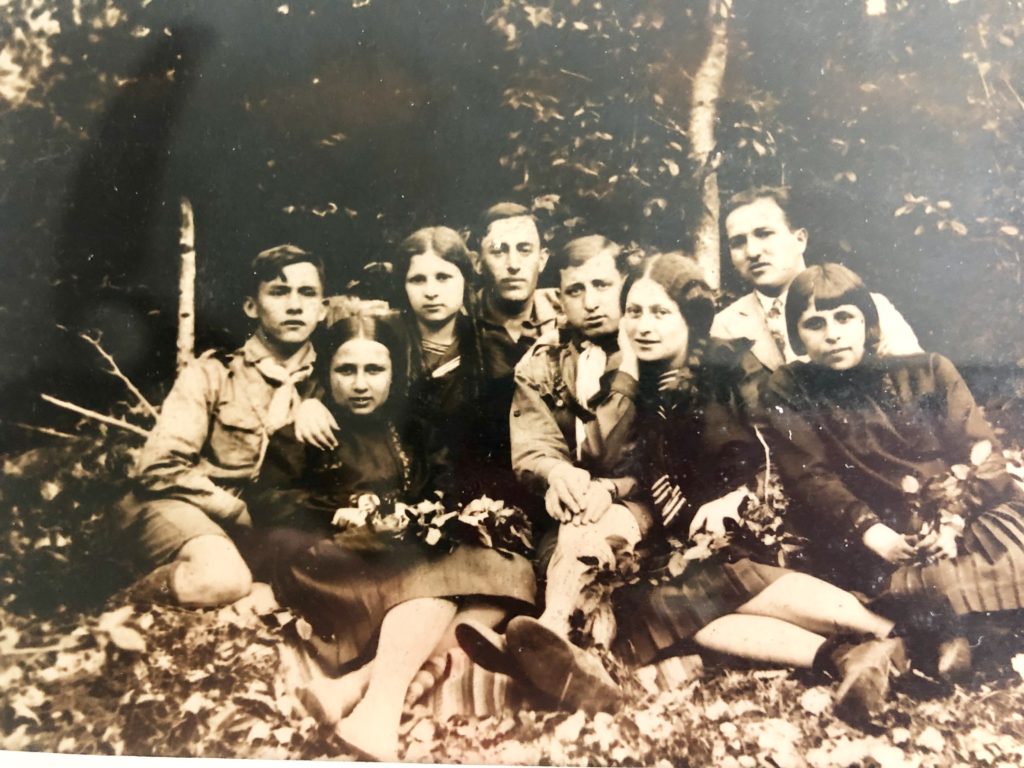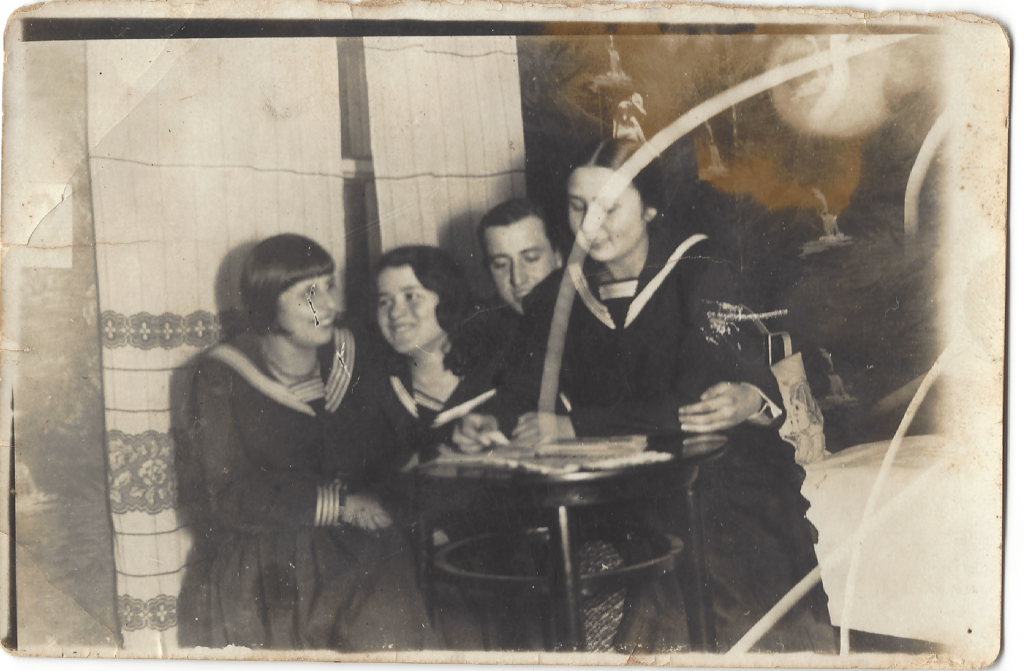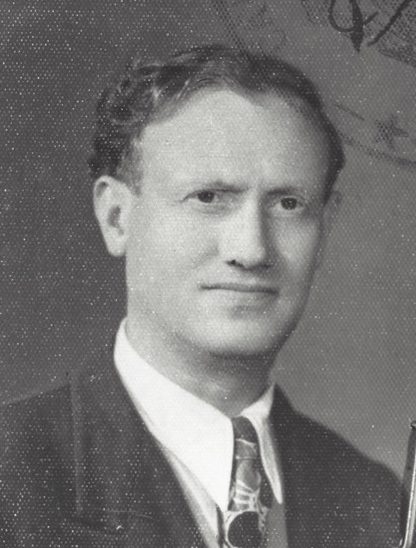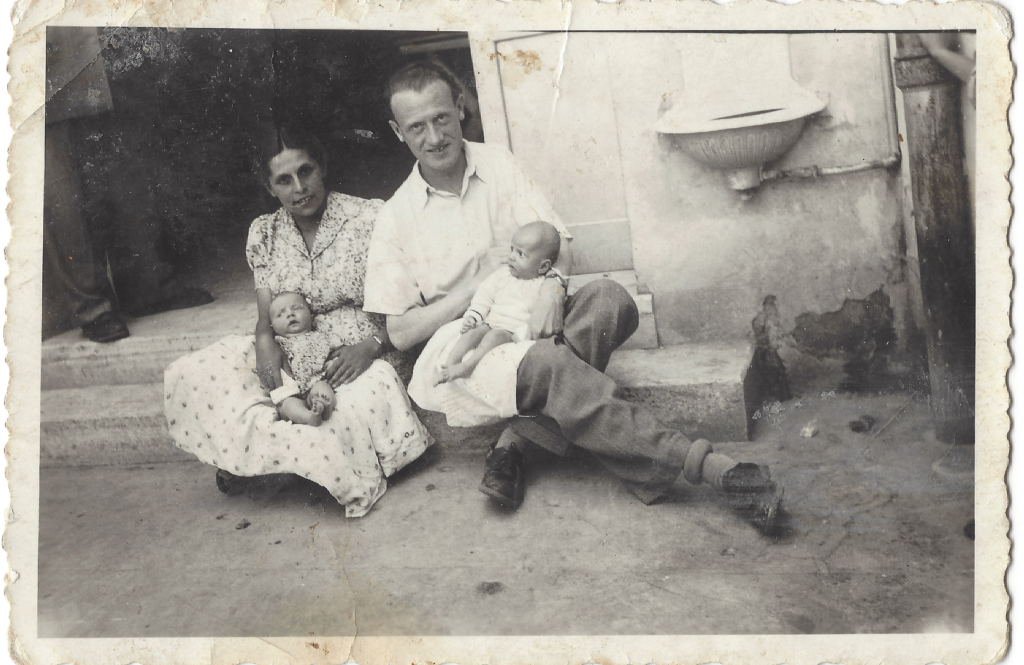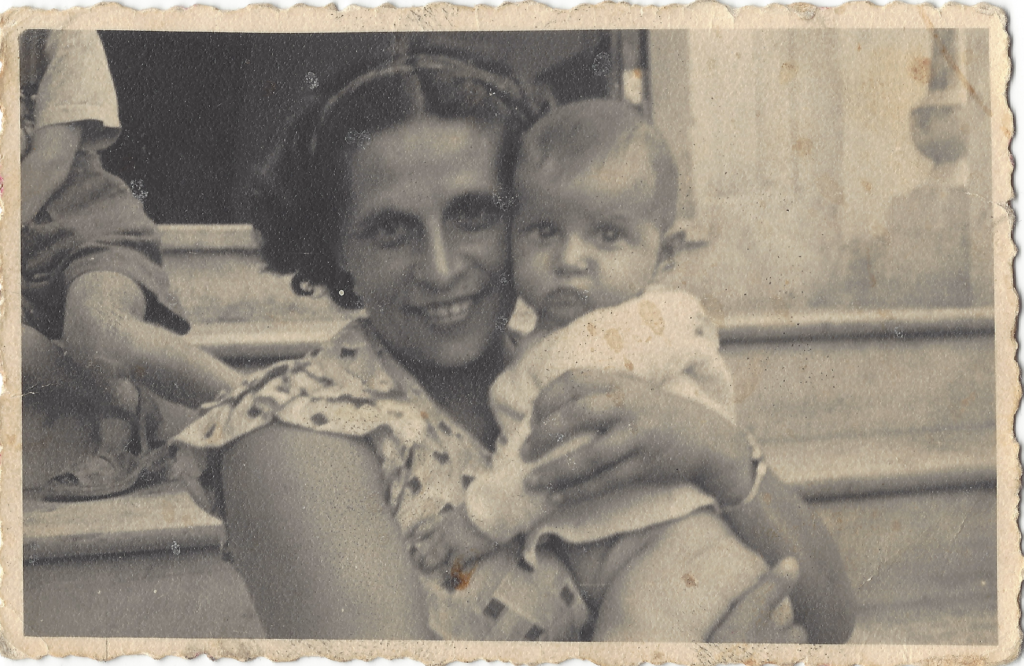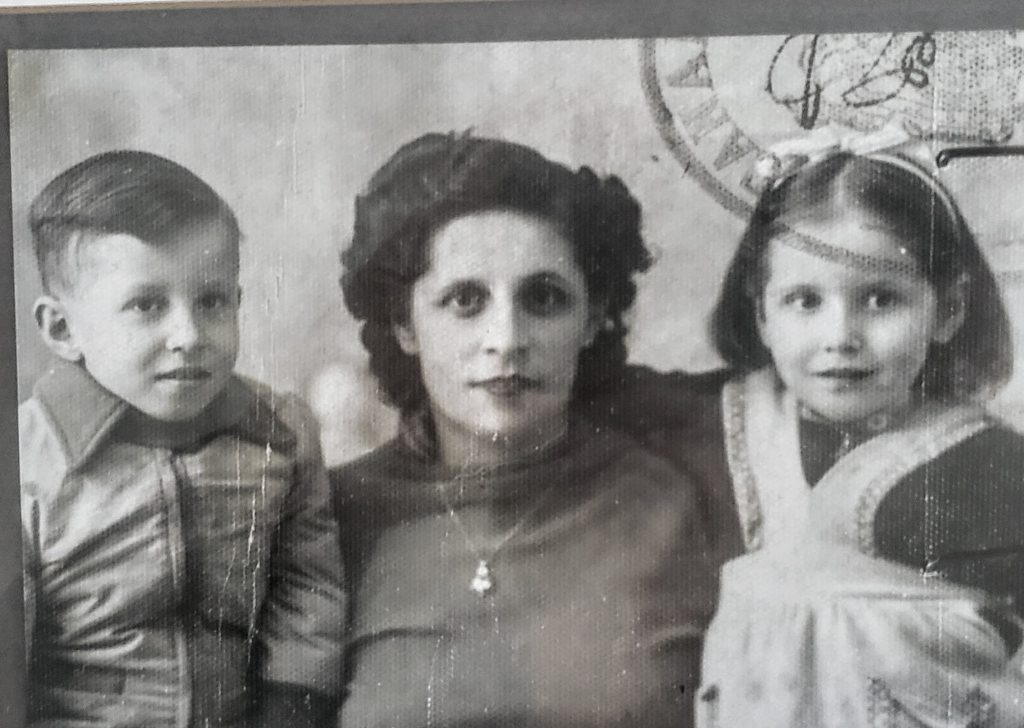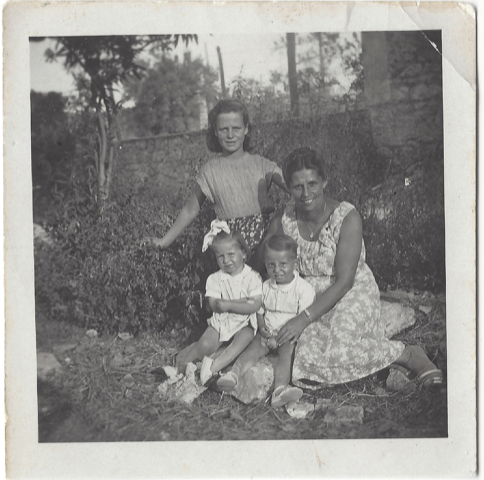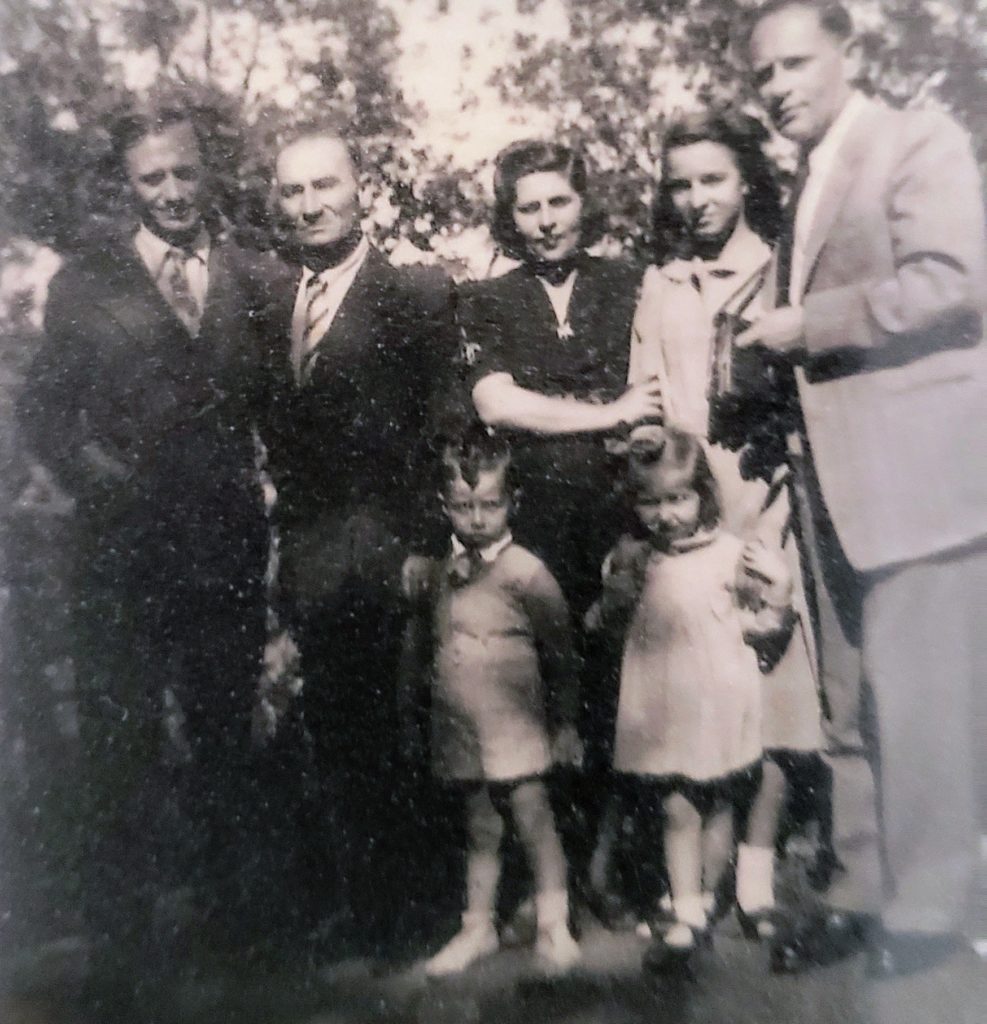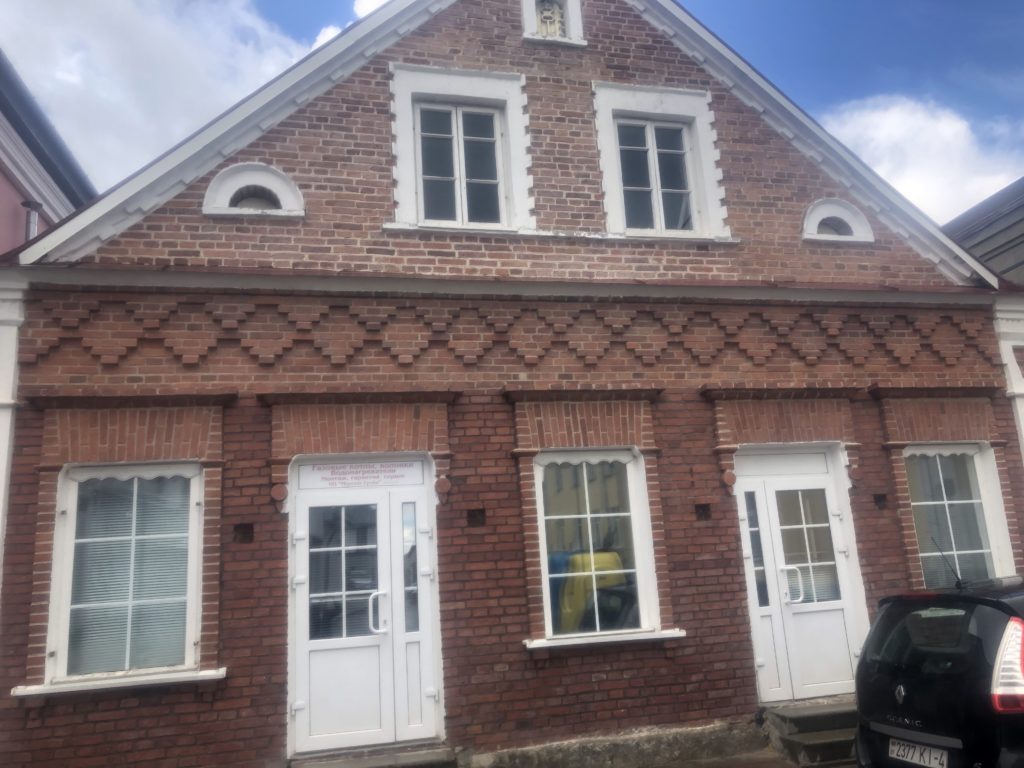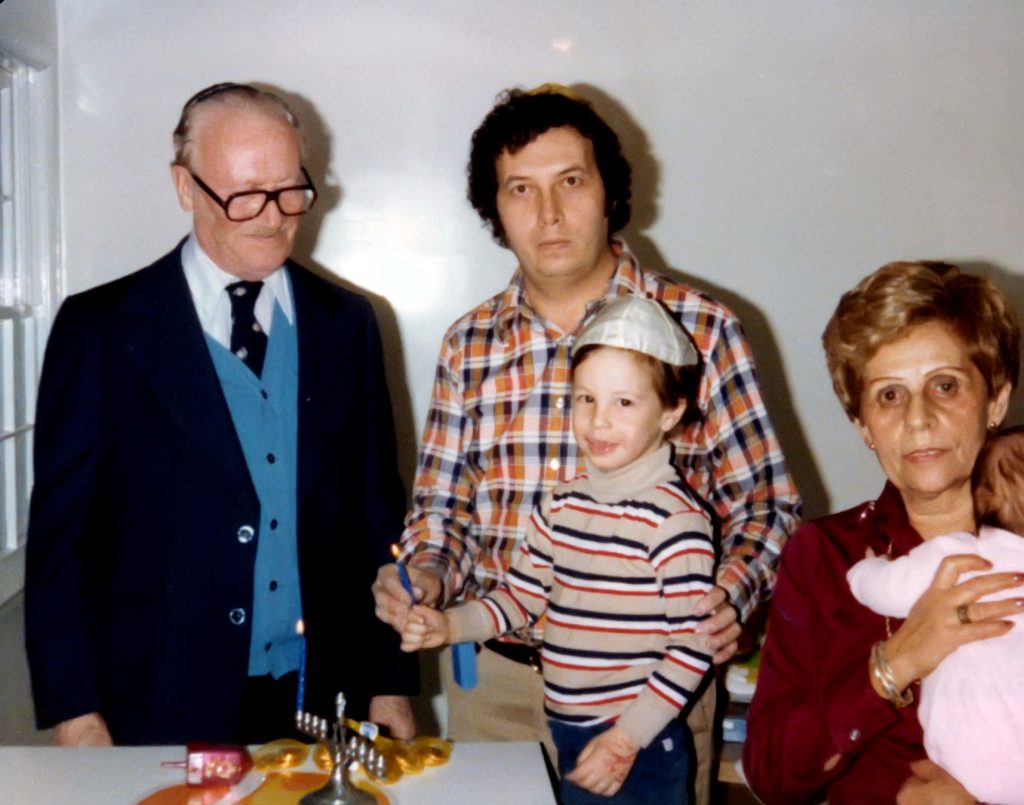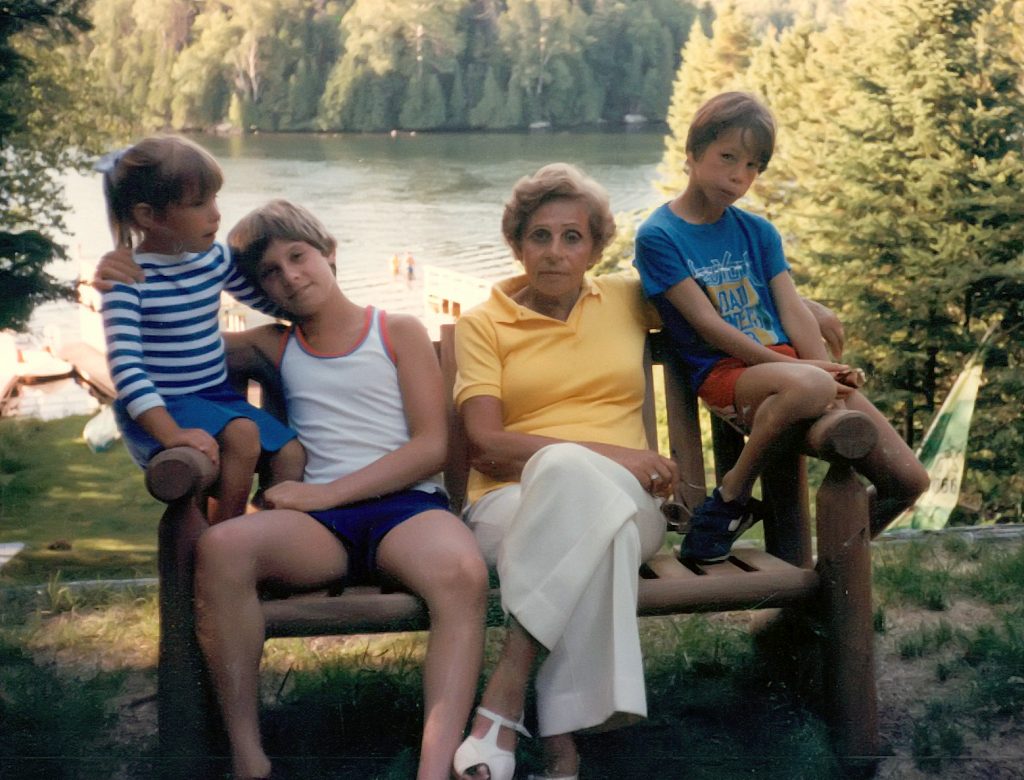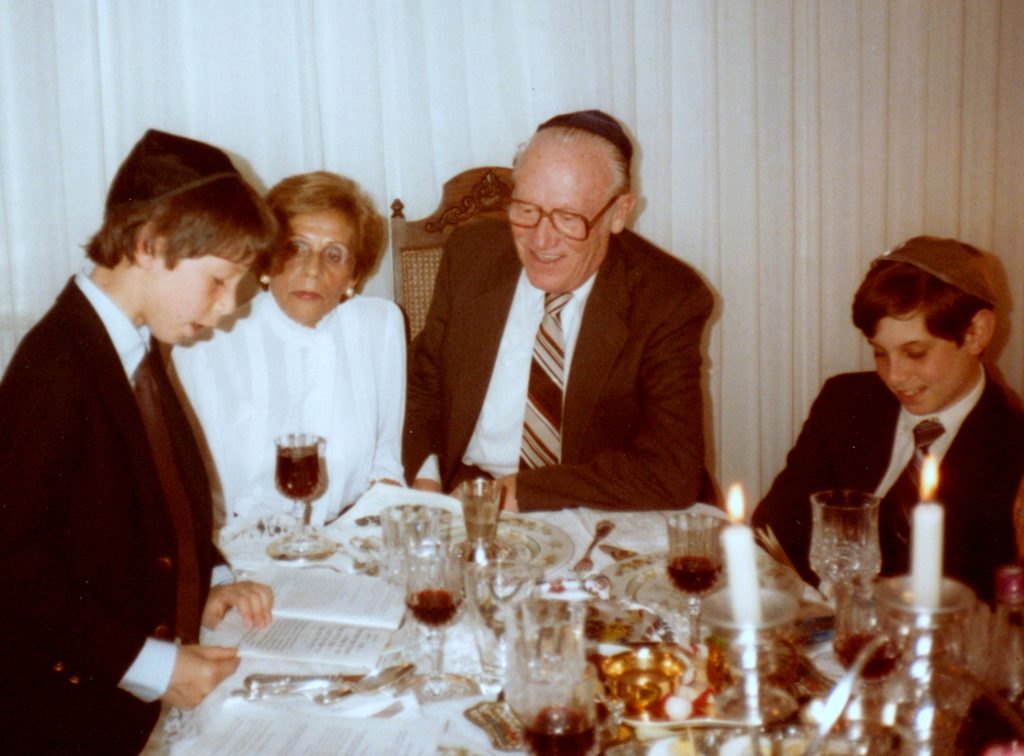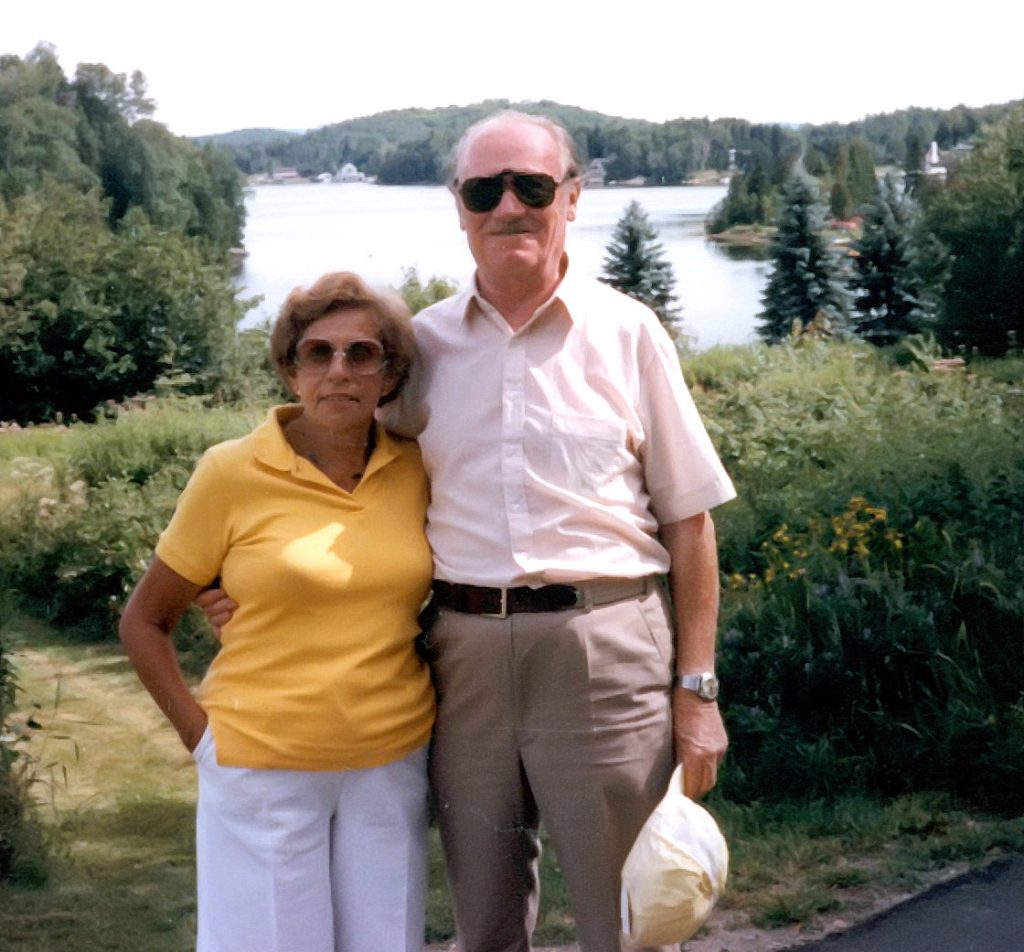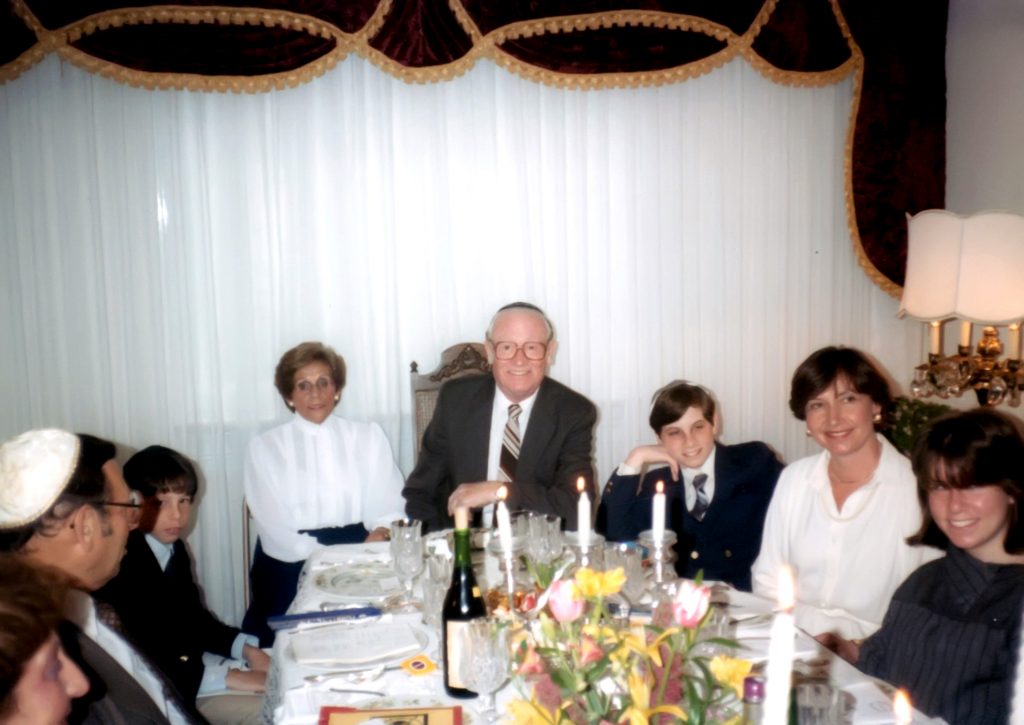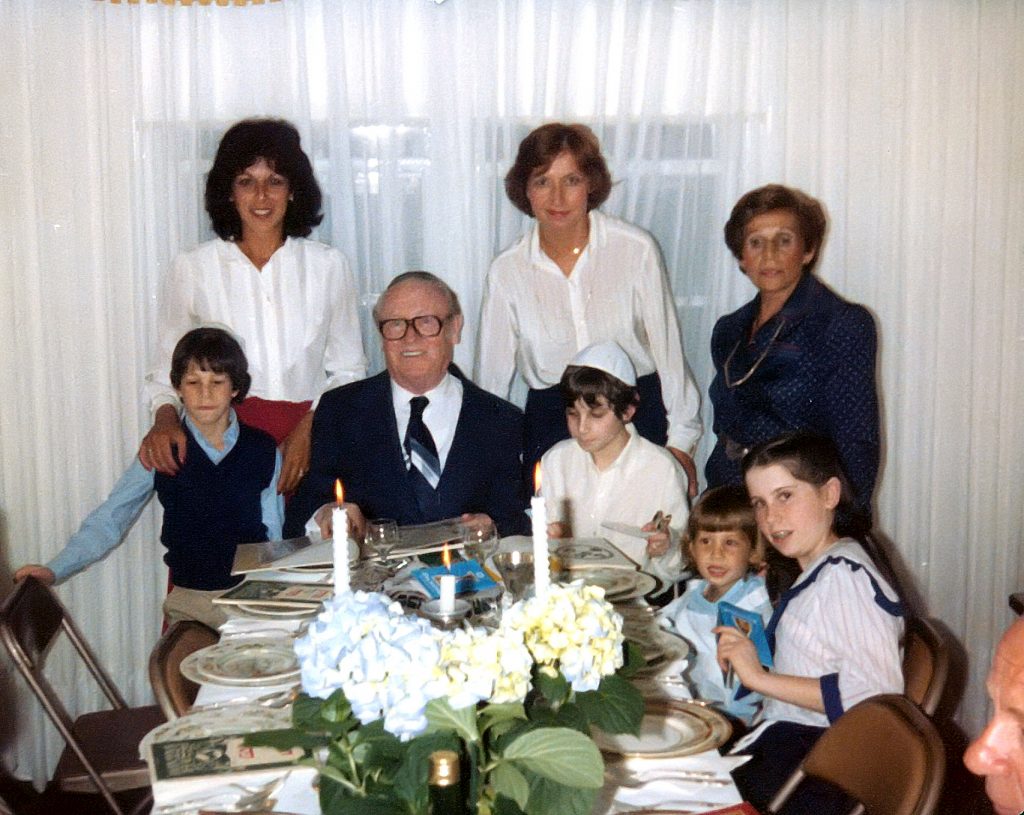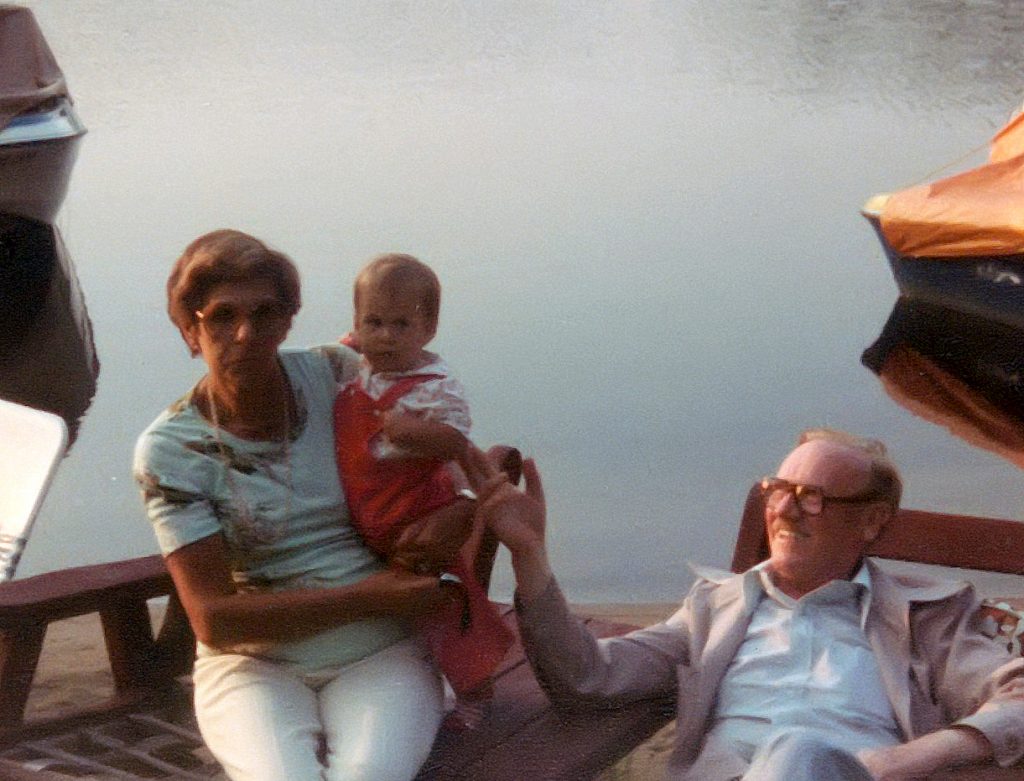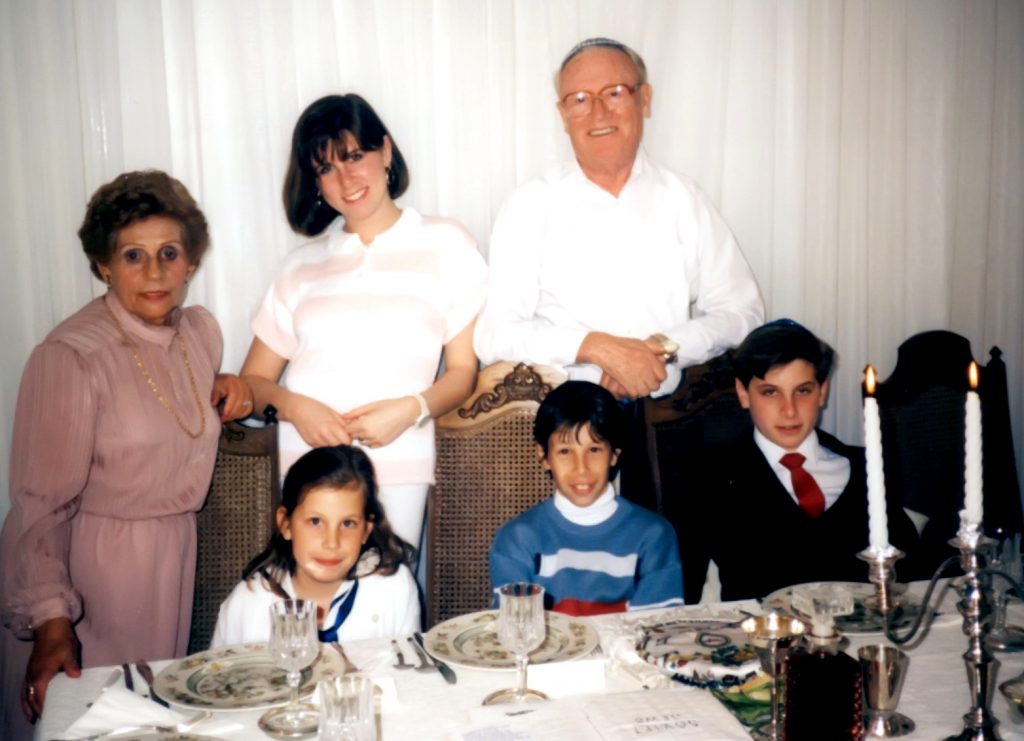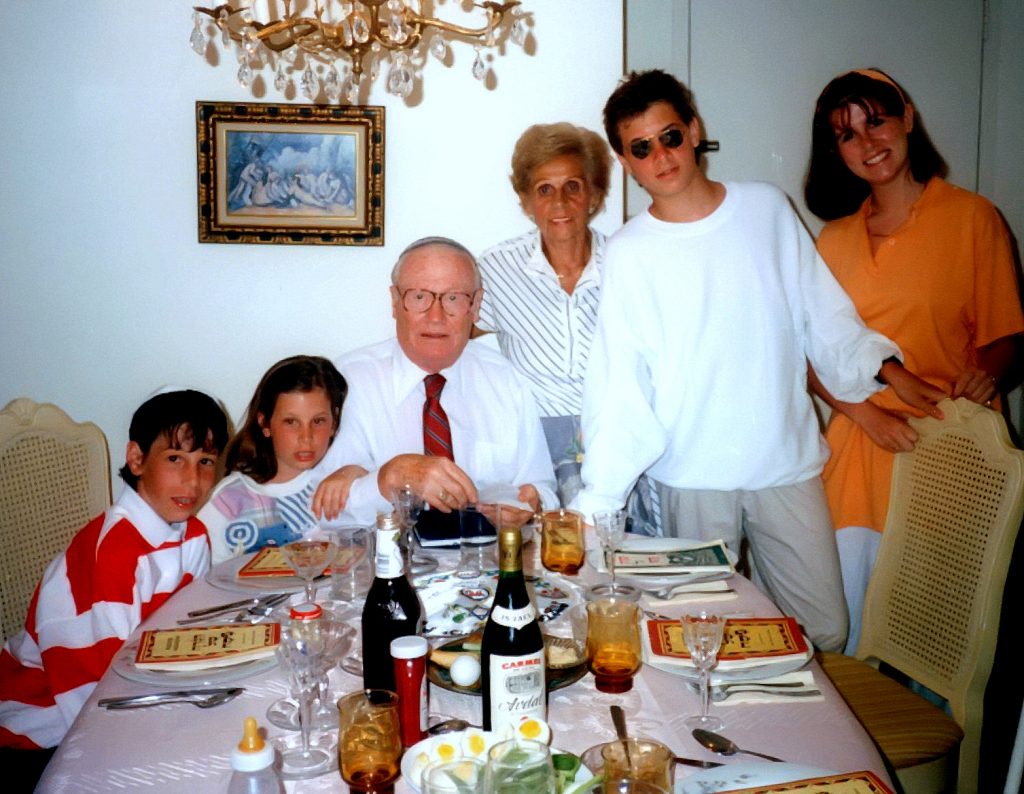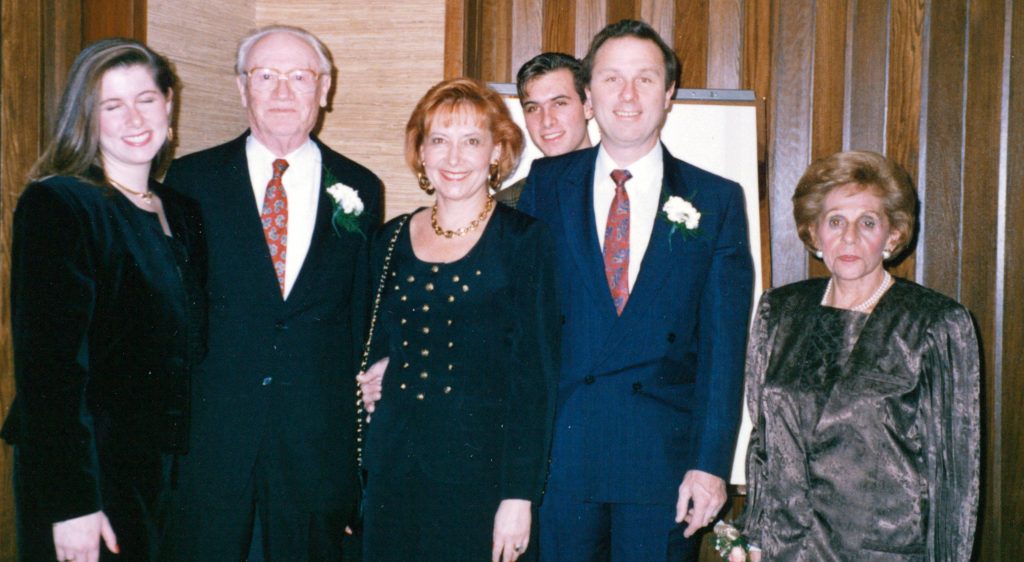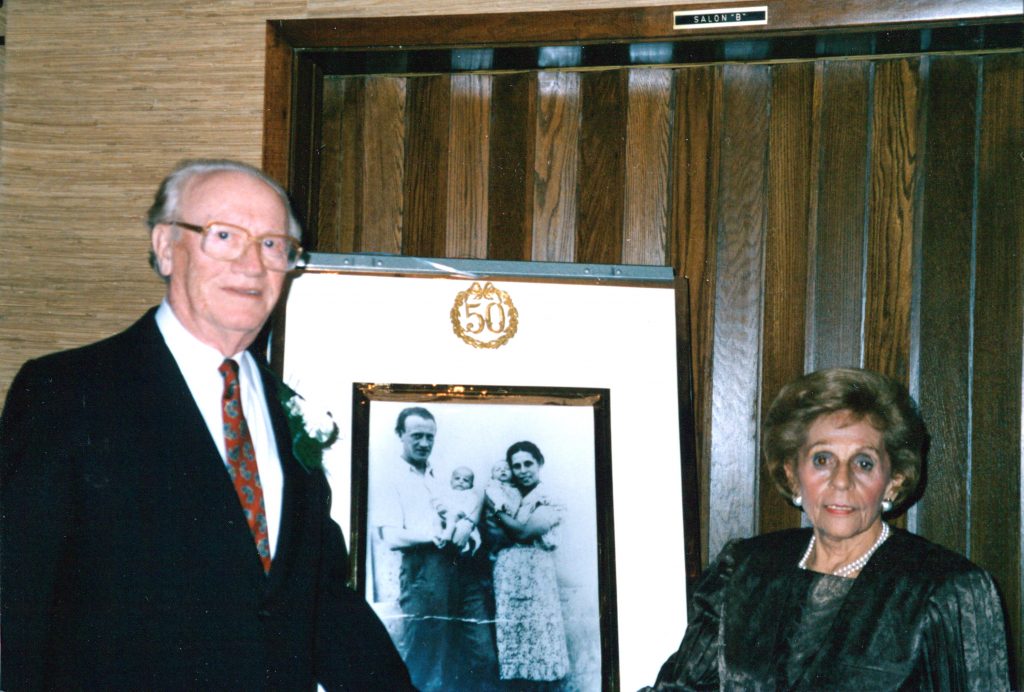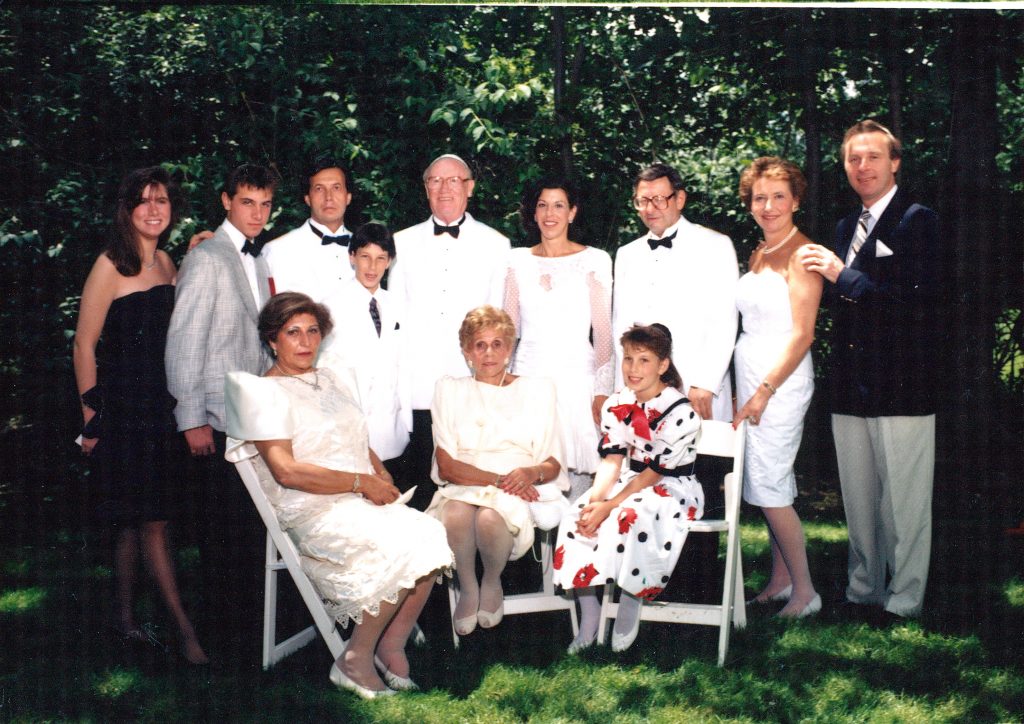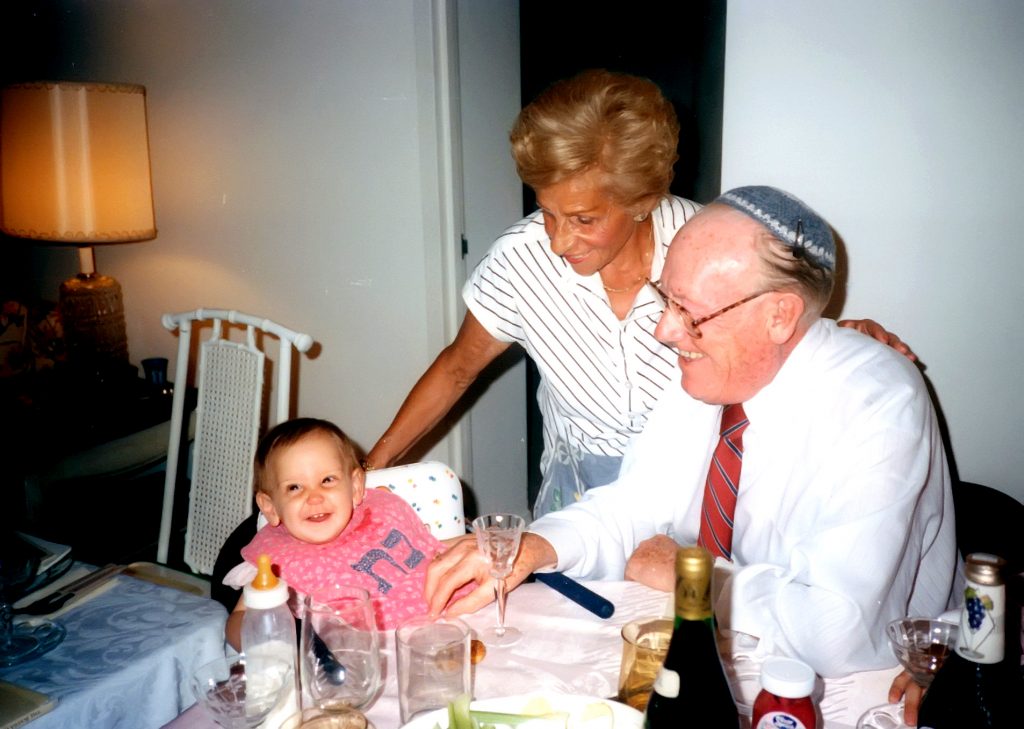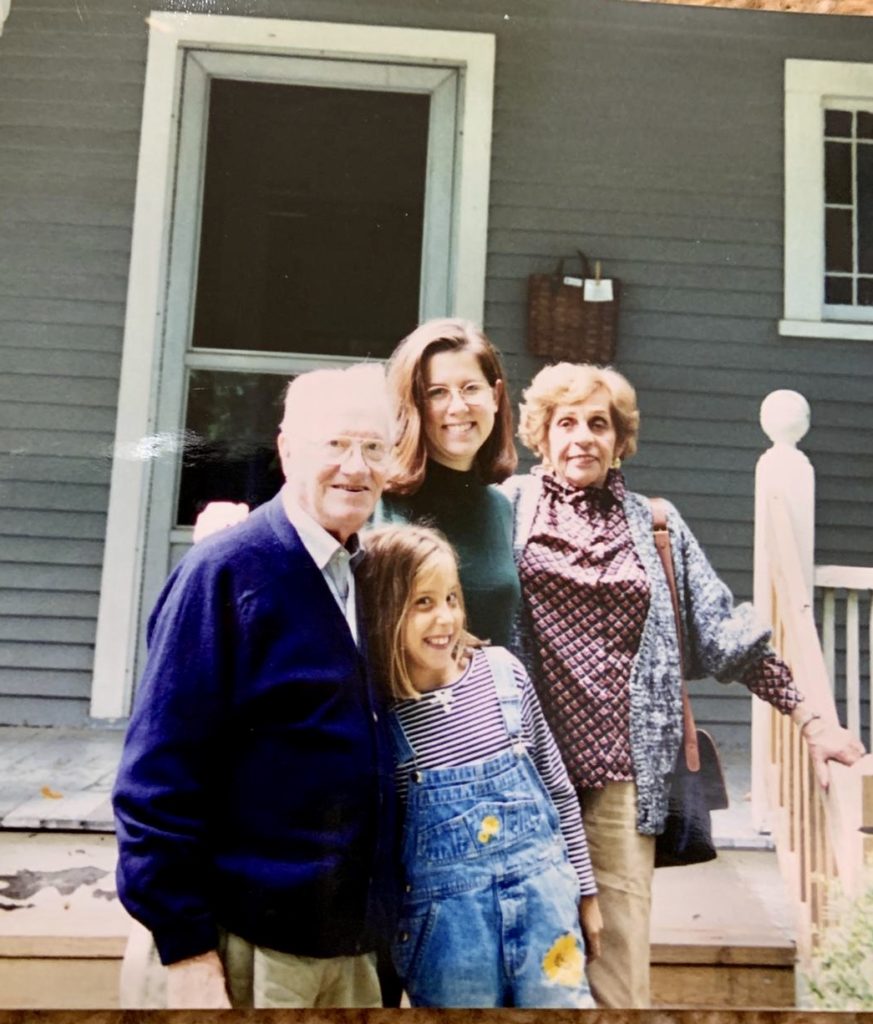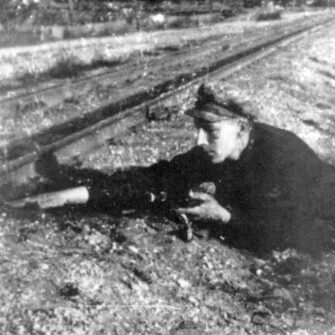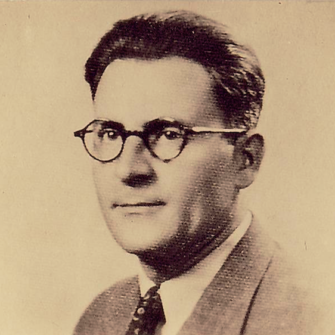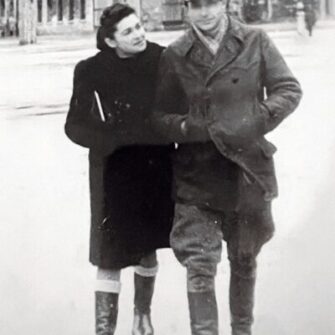This report is based on a chapter of Betty Brodsky Cohen’s upcoming book “The Tunnel People” which tells the personal stories of the Novogrudok tunnel escapees.
Chana Iwinietcka Ryback was born on March 31st, 1913 in Novogrudok, Poland. She lived with her parents, Meir and Tsipora (Tsipa), along with three siblings: Leibke, Motel, and Mary (Mirke) on Pozhtova Gaas Street. In the early 1930s, Chana trained as a feldshur (paramedic) in Vilna’s TOZ Nursing School before returning to her hometown and working in the Novogrudok Jewish Hospital.
On September 17, 1939, the Soviets annexed Novogrudok in the Molotov–Ribbentrop Pact with Germany. Against the backdrop of this great upheaval wreaked by Soviet occupation, Chana married Shlomo Ryback on December 31, 1939. Born on March 12, 1914 in Radun, Poland, Shlomo graduated from a teachers’ seminary in Vilna and became the principal of Novogrudok Tushia School.
In June 1941, Germany broke their pact with Russia and invaded the Soviet Union. On July 4, 1941, the German Army occupied Novogrudok. The joy of the birth of their son, Ephraim, turned into a tragedy in 1942 while the young family was interned in the Pereseka Ghetto. Shlomo had been sent out on forced work detail when word came that the Germans were preparing an Aktion to slaughter the children in the ghetto. Having witnessed the brutality of previous Aktions, Chana and Shlomo knew that two-year-old Ephraim would be tortured and slaughtered by the Germans. In an act of desperation, Chana and her sister, Mirke, put their children to sleep forever with injections. Chana’s agonizing decision tormented the couple for the rest of their lives, even while rebuilding their family after the war.
In May 1943, while in the Novogrudok Forced Labor Camp, Chana and Shlomo were among the 250 remaining Jews in the camp who decided to escape. In four months, they dug a tunnel underneath an inmate’s bed which led to a hillside outside the camp. They escaped on September 26, 1943, under a hail of gunfire. Chana and Shlomo risked their lives to save a man named Chaim Noah Leibowitz who had fallen into a hole upon their escape and was knee-deep in water. They grasped him by the arms and dragged him from the deadly trap before fleeing together into the nearby forest. Chana, Shlomo, and other escapees set out to reach the renowned Bielski Brigade. Along the way, they stopped at the homes of sympathetic Polish farmers before eventually being picked up by a wagonful of Bielski partisans.
Upon reaching the Bielski partisans, Chana became an assistant to the physician, Dr. Max Hirsh. By the winter of 1943-44 another partisan unit, the Zhukov detachment was moving out of the Naliboki forest. Its commander requested that Tuvia Bielski accept several of his wounded and ill, as well as several women who were considered burdensome. In exchange for Tuvia’s acquiescence, the Bielski detachment was given food, cows, horses, kitchen tools, and lice-infested clothing. With the lice came a severe typhus epidemic, causing many infected partisans to be transferred to Dr. Hirsh. The task of transporting them to the increasingly overcrowded “hospital” huts several times daily fell to Shlomo in his horse and buggy.
After they were liberated by the Russians in 1944, Chana managed to keep Shlomo out of the Red Army by finding him a job as a bookkeeper for the Novogrudok jail, the police station, and the fire station. Chana worked in the Russian Army infirmary as well as in the jail where, at risk to her own life, she was able to assist many Jewish prisoners. While trying to help fellow tunnel escapee Raya Kushner pass a message to her imprisoned father, Zeidel, Chana was taken in for questioning. Without Shlomo’s intervention, she could have been deported to Siberia.
Chana and Shlomo made their way to Lodz, Poland in 1945. Shlomo was asked by the “Bricha” underground organization to lead a group of stateless Jewish refugees attempting to illegally enter British-ruled Palestine (then closed to immigration). After journeying from Lodz to Bratislava, the group passed through Hungary, Austria, and Yugoslavia before finally arriving in Italy where they were to board a ship. There, in the central Italian town of Ascoli Piceno, Chana gave birth to twins on May 27, 1946. Tzipora (Sylvia) was named for the maternal grandmother she never knew, while her brother’s name Amitzur (Hymie), meaning “My nation is a Rock,” was perhaps chosen to commemorate the strength and very survival of his parents.
Chana ultimately opposed their original plan to immigrate to Israel for fear of the ongoing conflict in the region. Sponsored by cousins of Shlomo who had immigrated to Montreal, on March 2, 1950, the family sailed for Canada aboard the SS Samaria, a former Cunard Line cruise ship that had been transformed to a troopship during the war.
Although Ephraim’s tragic death cast a lifelong shadow over Chana and Shlomo, they rebuilt their lives in Canada. Chana became a respected private-duty nurse in her adopted city’s Jewish General Hospital. Shlomo soon re-established himself as a master Hebrew instructor at Montreal’s Herzliya High School in addition to editing Hebrew textbooks. Chana and Shlomo have five grandchildren, one of whom is named after his Uncle Ephraim.
Chana passed away on September 10, 2005.

